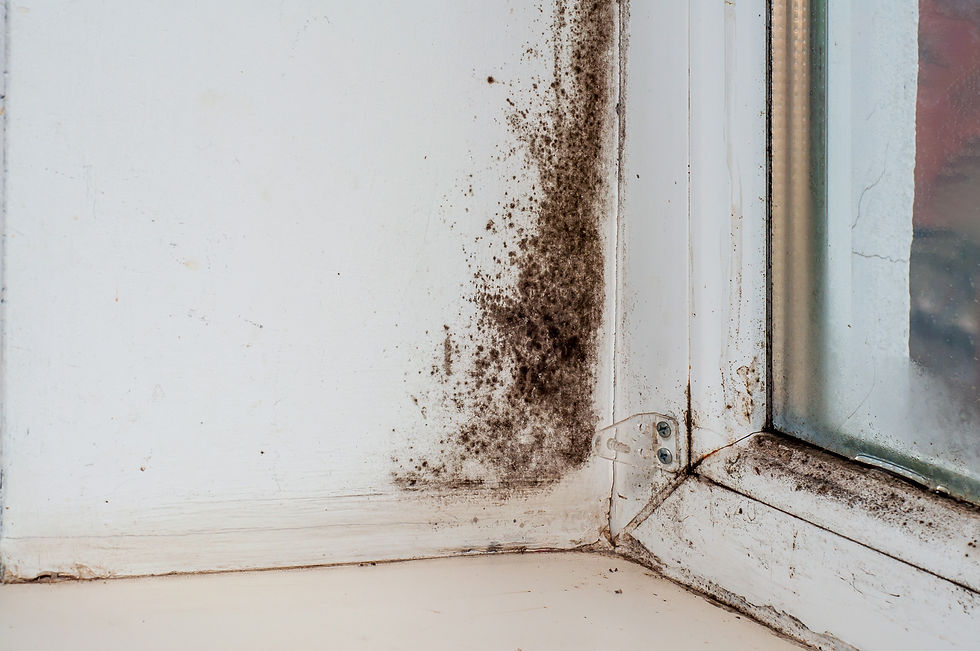Thousands of pupils at risk of food poisoning from dirty school kitchens
- Jul 20, 2021
- 2 min read

Thousands of children in the UK are at risk of food poisoning from unsanitary school canteens where inspectors have found mouse droppings, filthy plates and staff who handle the food without washing their hands. At least 60,000 children attend schools with dangerous food hygiene levels according to the Food Standards Agency. 41 schools and nurseries were given a one-star hygiene rating, meaning that they need to make 'major improvements' to comply with food laws.
Food hygiene ratings are published at the FSA website.
Children can be more susceptible to food-borne illnesses
According to FSA, there are 2.4 million of cases of foodborne illnesses in the UK each year, including an estimated 380,000 cases of norovirus linked to food.
They result in 180 deaths and hundreds of thousands of doctors’ appointments. Anyone can become ill from illnesses associated with bacteria or viruses in foods.
Some groups are much more susceptible: the elderly, those with immune compromising diseases and children. Children can be especially in danger of food-borne illness, so school canteens must take extra precautions.
Tips for improving your school kitchen’s hygiene standards:
Regular cleaning schedule and cross-contamination control
All school kitchen catering staff must be aware of what the 14 different food allergens are and must prevent allergens from cross-contamination at all times. School kitchens need to be cleaned regularly to limit the transmission of food and hand borne infections.
Hand hygiene
Hand hygiene plays a big role in keeping foods safe for children to eat. Always, always wash your hands before you touch food, before and after you prepare meals, and after you have served the children. Additionally, always wash your hands thoroughly after using the toilet and before going back into the kitchen.
To properly wash your hands, make sure the water is warm. Then, soap up your hands thoroughly, being sure to get between the fingers and under the nails. Also wash your wrists. Then rinse thoroughly and dry with paper towels, not a towel. Fabric will harbour bacteria and can transfer it to you thus transferring it back to the food.
Use protective clothing and hair nets
Do not allow your hair to hang over or touch foods – tie it back instead and secure with a net. Use proper protective clothing that is clean. Never reuse dirty aprons.
Do not prepare food when you are ill
Never prepare food if you have been ill unless you have medical clearance. Do not work while ill, especially if you have a food-borne illness.
Sanitise chopping boards
Sanitise and clean chopping boards properly before use. Never use the same chopping board for meats and other foods like fruits and vegetables. Even if you are chopping vegetables of different types, you should clean and sanitise the board between each use.
Kept foods in sealed containers and refrigerated
Safe storage of food involves appropriate labelling and dating of food items, temperature control, storage locations, and containers. Kitchen staff must be aware of what food items can and cannot be stored close to one another to prevent food poisoning.
In the refrigerator, the meats should be sealed carefully and always placed on the bottom shelf. Meats should never be placed on a higher shelf where juices could drip and contaminate other foods.



